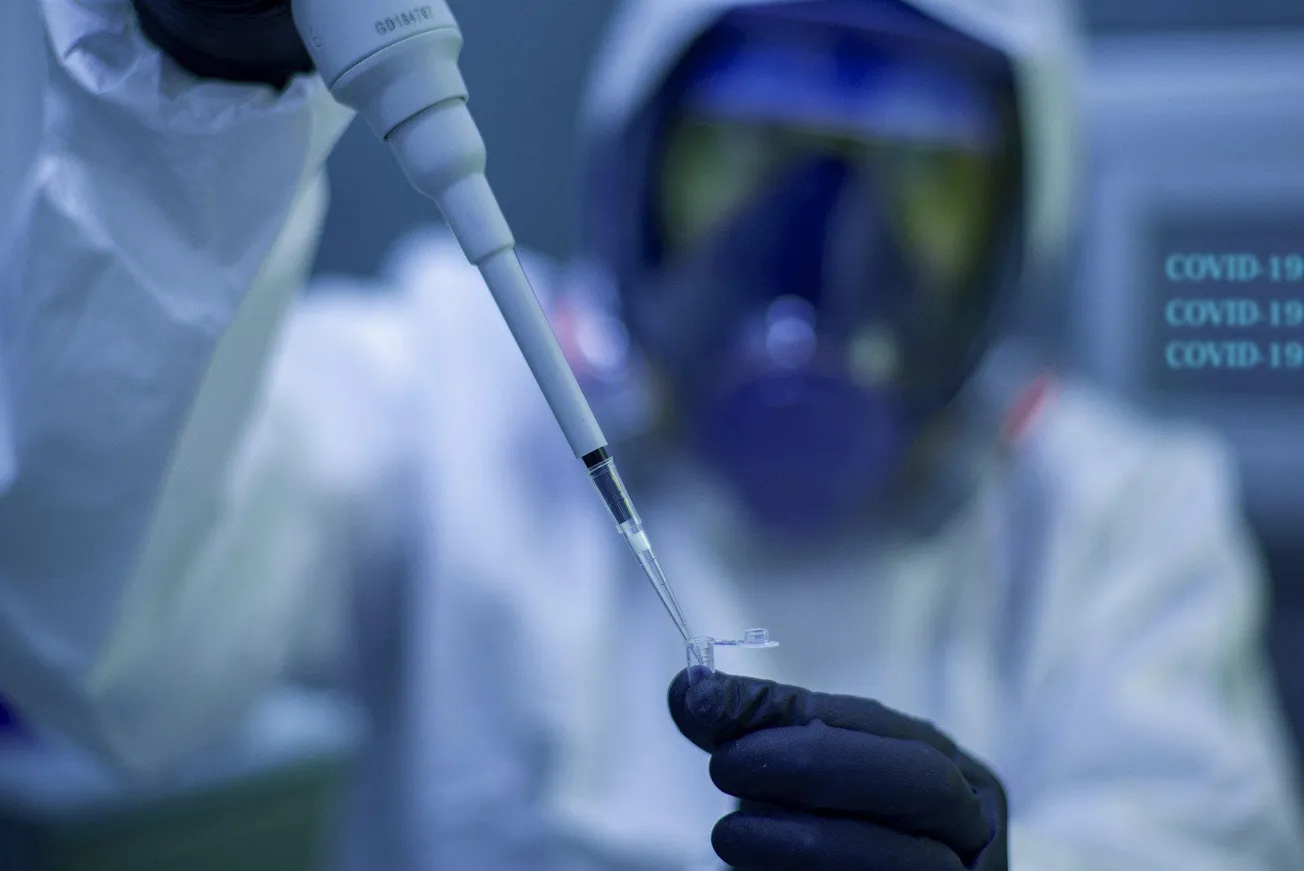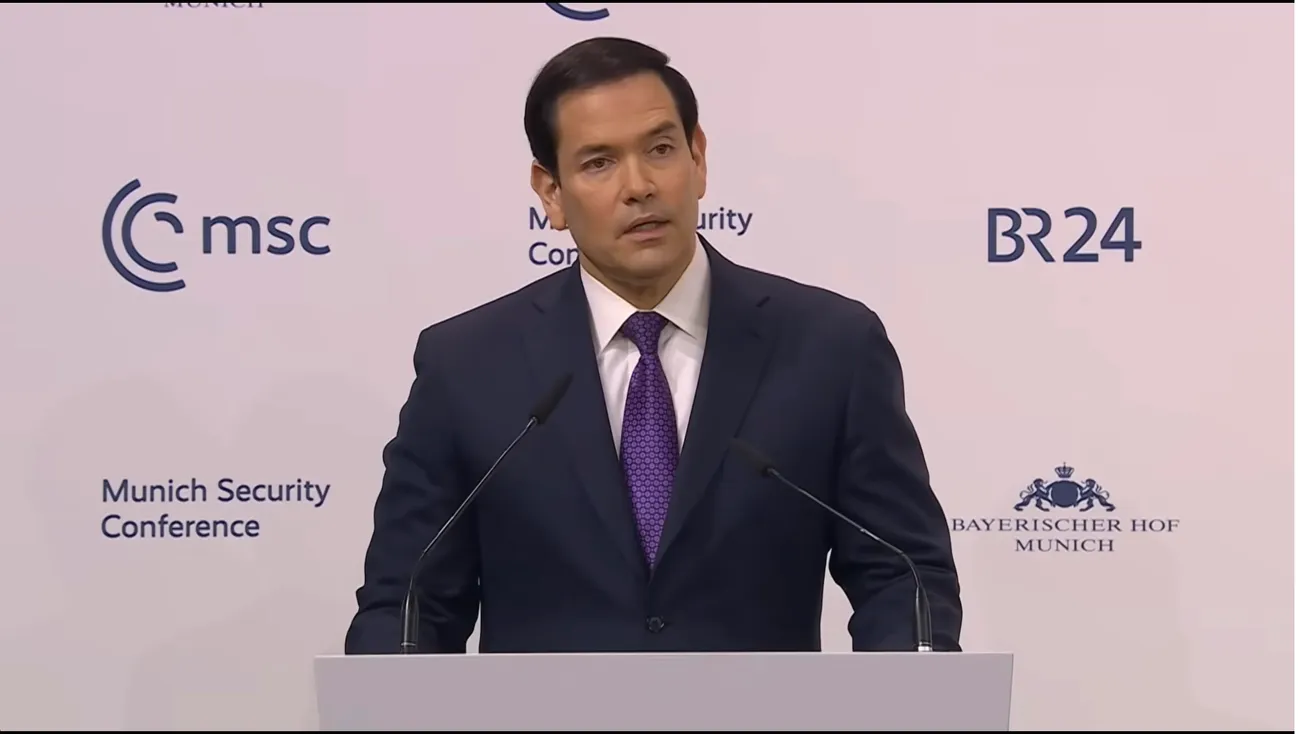Scientists of the Italian Fondazione IRCCS Istituto Nazionale dei Tumori have responded to criticism by epidemiologists challenging their study reporting the presence of SARS-CoV-2 in patients tested for a cancer prevention program back in September 2019. The study found antibodies to the SARS-CoV-2 virus in some of the blood samples, supporting the notion that those people had contracted the virus and developed antibodies against it at the time the samples were taken.
In a press conference on Nov. 19, the scientists from the INT and the Universities of Milan and Siena insisted that their study was conducted “in a rigorous way.”
“It allowed us to retro-date the presence of coronavirus antibodies. The research has been in line with the growing demand from the scientific community for making available scientific samples which had been collected for other purposes such as, in this case, blood taken from participants to a lung tumor screening,” said Dr. Maria Pia Abbracchio, the deputy rector and vice-rector for Research of the University of Milan (Università degli Studi di Milano).
Dr. Giovanni Apolone, scientific director of the INT, said that the results of the study “indicate an earlier interaction and contact with the virus. Probably there has been a pre-wave at lower intensity in those months, which was not documented.”
“To tell the truth, we had the feeling that our data are considered a ‘hot potato’ that nobody wanted and that political rather than scientific motivations were behind the choice of not publishing our article,” said Ugo Pastorino, director of the Complex Structure of Thoracic Surgery at INT. “I am aware that our field is oncology, and therefore we went to an independent laboratory for the blood tests, the Siena laboratory, which is an [institution] of excellence.”
Emanuele Montomoli, of the University of Siena, explained that they counter-tested their method, to find out whether it reacted with all other seasonal coronaviruses which are present in Europe and the U.S.A., and the result was negative. Therefore, the antibodies they found are specific to SARS-CoV-2.
Dr. Apolone said, however, that their data “do not challenge the Chinese origin of the virus.“‘
It is possible that the antibodies found in these earlier blood samples were related to a virus quite similar to SARS-CoV-2, potentially its predecessor, which lacked a change that made it more dangerous. The study of the origin of the virus causing COVID-19 could be advanced by a thorough search for another virus, similar (at least from the standpoint of antibodies) to SARS-CoV-2, while not being identical (or as dangerous). It is possible that such a virus has simply not been found, and was not included among those ruled out by the University of Siena laboratory.



